Located no more than 15 kilometers from Chisinau, the Cricova winery is a must see attraction for anybody visiting the country of Moldova.
As you descend into the catacombs which are housing 120 kms of chilly labyrinthine roadways, you will come to discover a magnificent underground “wine city”, with one of its main attractions being the private collection area. Here, heads of state (including the villain of the hour, Vladimir Putin, who in 2002 celebrated his 50th birthday in the Cricova cellar, as the guides will make sure to let you know) and celebrities around the world are storing fine wines from their personal collections, which are available to be sent to them by request at any point in time.
However, the plat de résistance of the Cricova winery, its most prized collection, will never see its owner again. In fact, none of its bottles will ever be opened, according to statements made by the Cricova administration. It is the private collection once belonging to Reichsmarschall Hermann Goering.
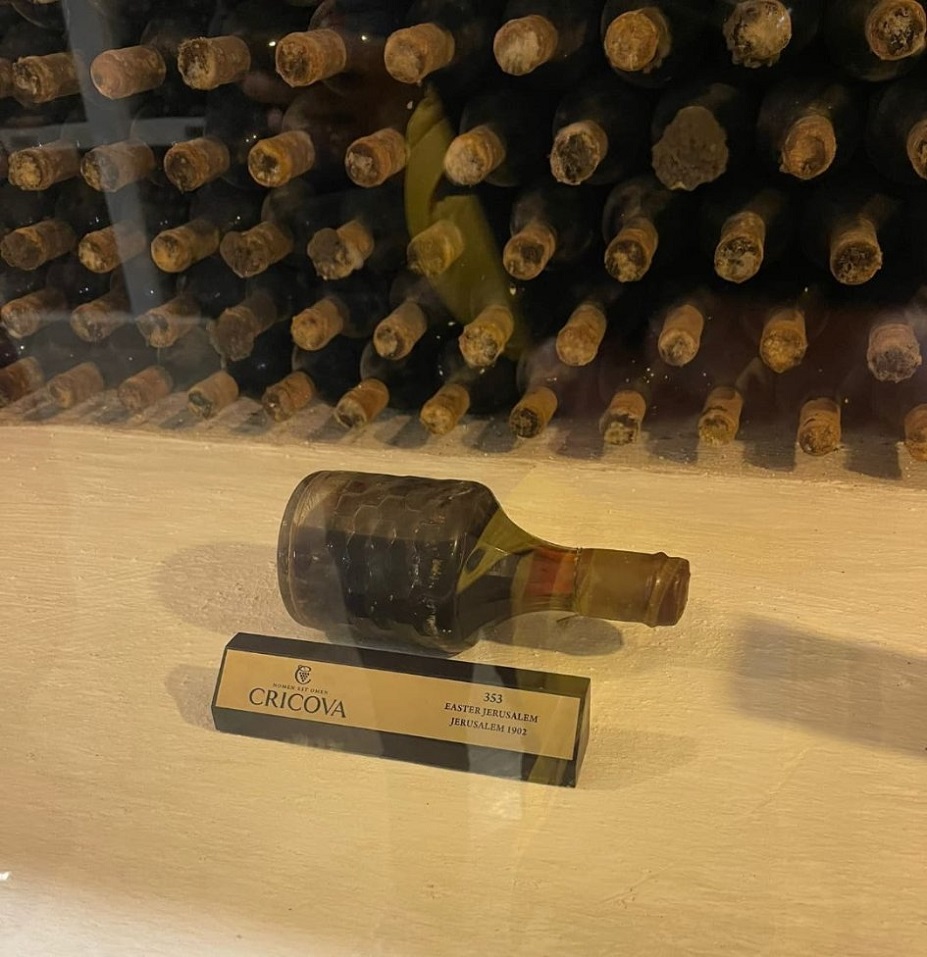
Originally containing roughly 3000 wines, most of Hermann Goering’s collection was consumed by Soviet soldiers after it was stolen by the Red Army in Berlin and transported to Moscow as a prize of war. The remains of the collection were then split among the states of Georgia and Moldova, the most notable producers of wine in the former Soviet Union, with approximately 130 bottles finding their home in the Cricova catacombs.
The most notable of these bottles include a wine produced in Jerusalem specifically for the Easter Holidays of 1902, the oldest and most remarkable piece in the entire Cricova wine cellar (which you can admire in the photograph above), and a German Mosel from 1935, pictured below.
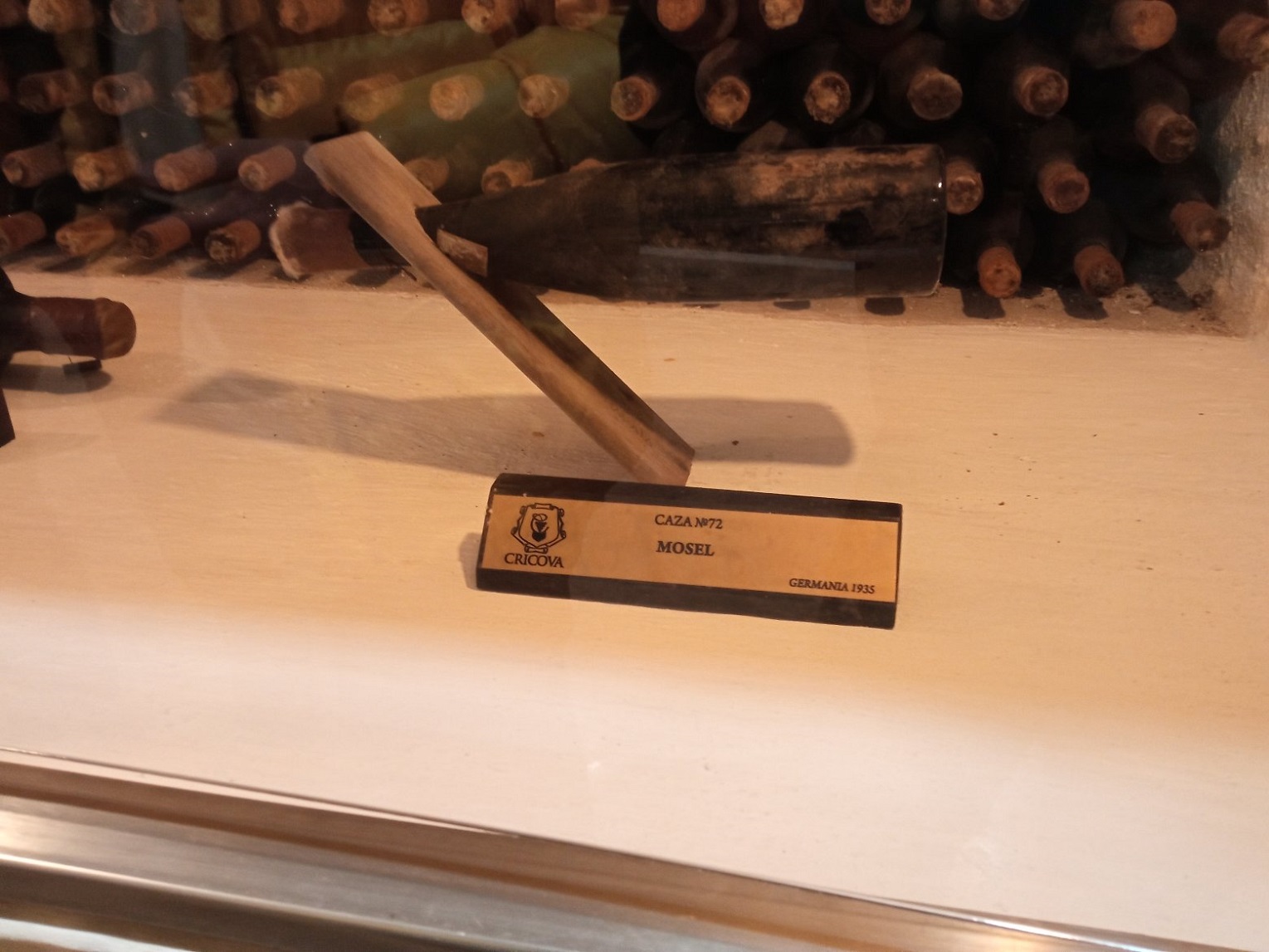
Even the lower priced wines in the collection are said to be worth over 20.000 Euros at auction, and generous offers were supposedly made, but all were rejected by the Cricova administration. We can be glad that history is thus preserved in a place for everybody to visit and see!
 WW2 HistoryBook World War II historical images. WW2 book reviews and movie reviews.
WW2 HistoryBook World War II historical images. WW2 book reviews and movie reviews. 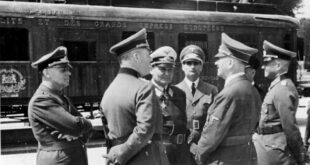
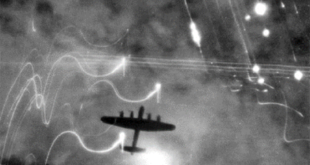
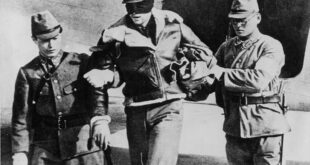
One comment
Pingback: January 12